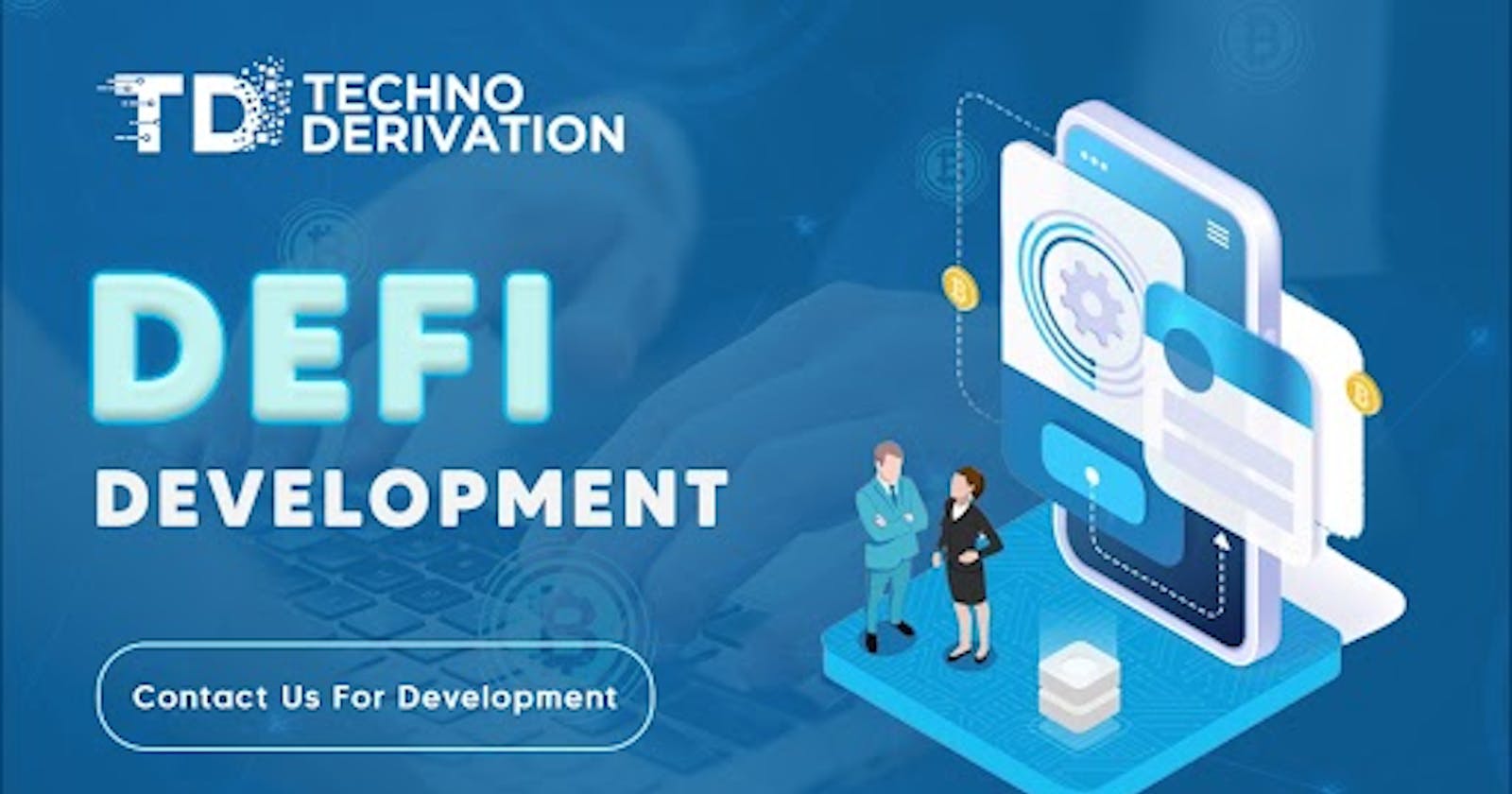Decentralized Finance
Decentralized Finance (DeFi): Transforming the Financial Landscape
Introduction:
Decentralized Finance, commonly known as DeFi, represents a paradigm shift in the traditional financial system by leveraging blockchain technology to create an open and accessible alternative. In this article, we explore the principles, key components, challenges, and the transformative impact of DeFi on the global financial ecosystem.
Principles of Decentralized Finance:
Decentralization: At the core of DeFi is the principle of decentralization. Unlike traditional finance, which relies on centralized authorities such as banks, DeFi operates on decentralized blockchain networks, ensuring that financial transactions and services are distributed across a network of nodes.
Transparency: DeFi platforms operate on public blockchains, providing transparency through the immutability of transaction records. Participants can verify and trace financial activities on the blockchain, fostering trust and accountability.
Accessibility: DeFi aims to democratize access to financial services. With an internet connection and a compatible digital wallet, individuals worldwide can participate in DeFi protocols, eliminating barriers related to geography, income, and traditional banking infrastructure.
Smart Contracts: Smart contracts, self-executing programs deployed on blockchains, automate financial agreements without the need for intermediaries. DeFi relies heavily on smart contracts to execute various financial services, including lending, borrowing, and decentralized exchanges.
Key Components of DeFi:
Decentralized Exchanges (DEXs): DEXs enable users to trade cryptocurrencies directly without relying on a centralized authority. Decentralized exchanges operate on smart contracts, allowing users to maintain control over their funds while trading.
Lending and Borrowing Platforms: DeFi lending platforms allow users to lend their cryptocurrencies and earn interest or borrow assets by collateralizing their holdings. Smart contracts govern these transactions, providing a decentralized alternative to traditional banking loans.
Stable coins: Stable coins, pegged to the value of traditional fiat currencies, provide a stable store of value within the volatile cryptocurrency market. DeFi platforms often use stable coins for transactions and as a means of preserving value in a decentralized manner.
Decentralized Autonomous Organizations (DAOs): DAOs are community-driven organizations governed by smart contracts. In the context of DeFi, DAOs are utilized for decision-making processes, protocol upgrades, and fund management. Participants often have voting rights in DAOs to shape the direction of the organization.
Challenges and Considerations:
Security Concerns: DeFi platforms are vulnerable to smart contract vulnerabilities and security breaches. Auditing and securing smart contracts are critical to mitigate the risk of exploits and attacks.
Regulatory Landscape: As governments worldwide grapple with defining regulations for cryptocurrencies and blockchain, DeFi projects must navigate evolving legal frameworks.
User Experience: Despite the potential benefits, the user experience in DeFi can be complex for non-technical users. Improving user interfaces, educational resources, and onboarding processes are essential for widespread adoption.
The Transformative Impact:
Financial Inclusion: DeFi has the potential to extend financial services to the unbanked and underbanked populations worldwide, providing access to lending, saving, and investment opportunities.
Reduced Intermediaries: By operating on decentralized networks, DeFi eliminates the need for traditional financial intermediaries, reducing costs and increasing efficiency in financial transactions.
Global Accessibility: DeFi operates on a global scale, allowing users to access financial services without reliance on local banking infrastructure. This global accessibility fosters financial inclusion and economic participation.
Innovation and Experimentation: DeFi has become a hotbed of innovation, with developers experimenting with novel financial instruments, decentralized governance models, and interoperability solutions. The decentralized nature encourages experimentation and rapid development.
Conclusion:
Decentralized Finance represents a transformative force challenging traditional financial paradigms. As the DeFi ecosystem continues to evolve, addressing security concerns, enhancing user experience, and navigating regulatory landscapes will be crucial. With its potential to redefine financial services, foster inclusivity, and promote innovation, DeFi is poised to play a pivotal role in shaping the future of global finance.
